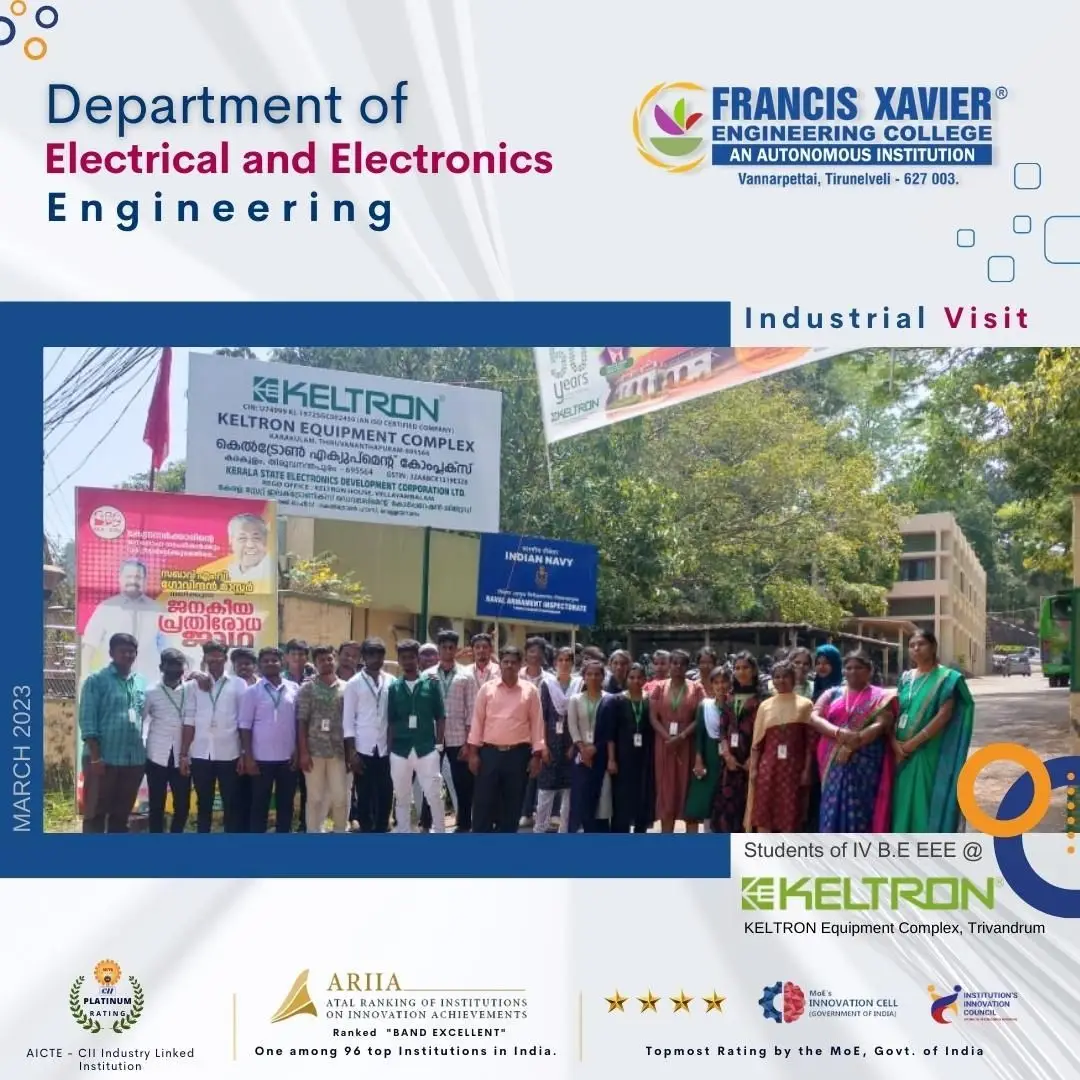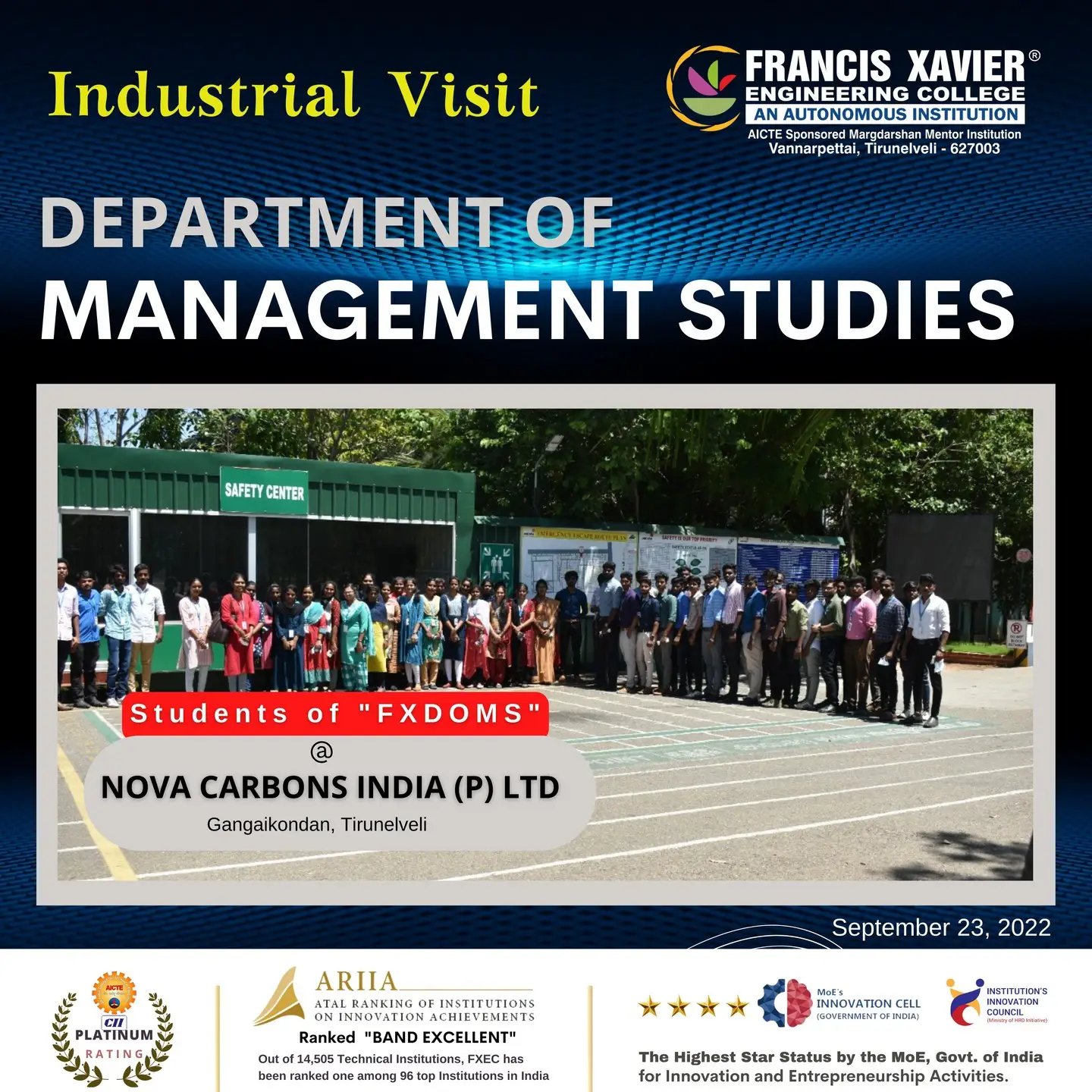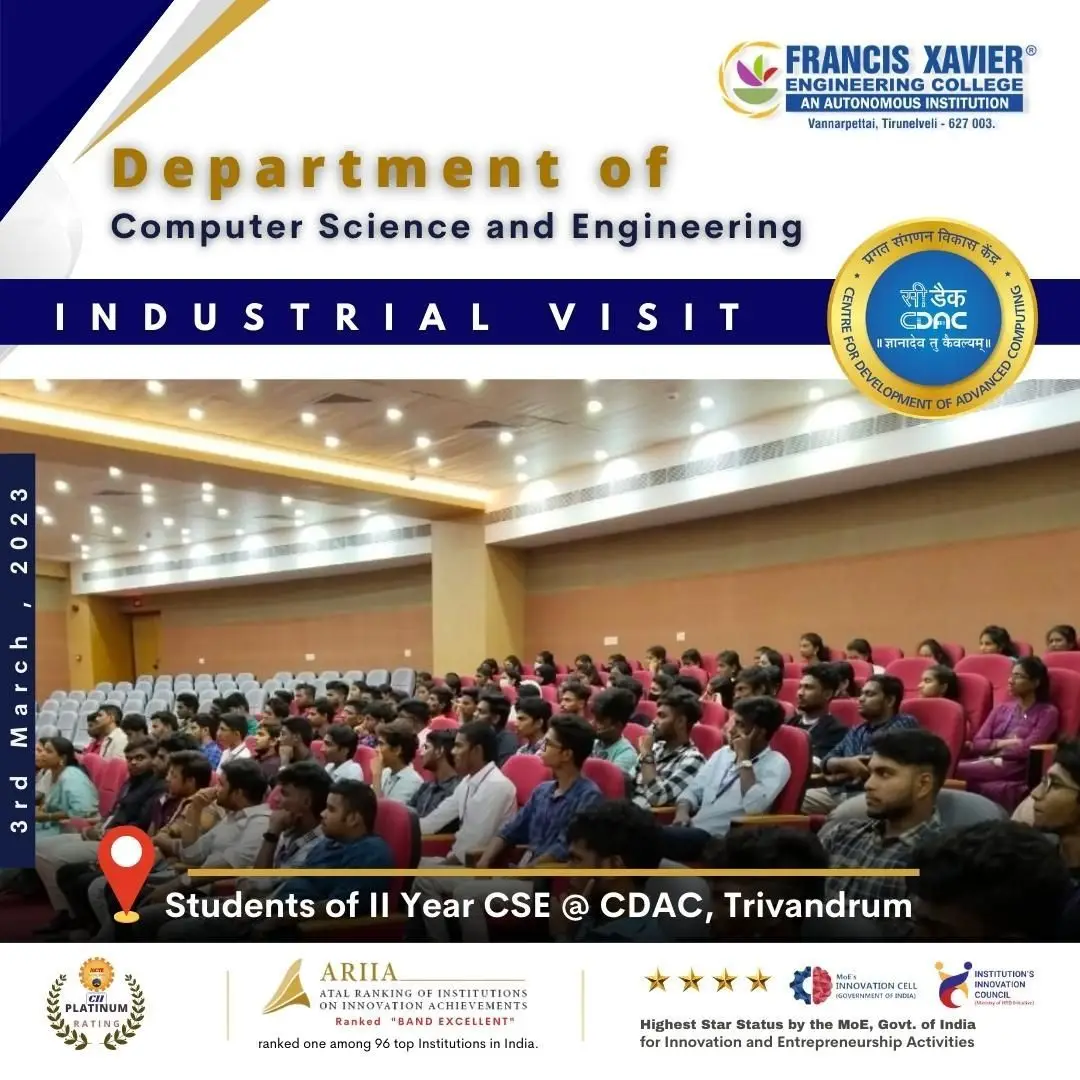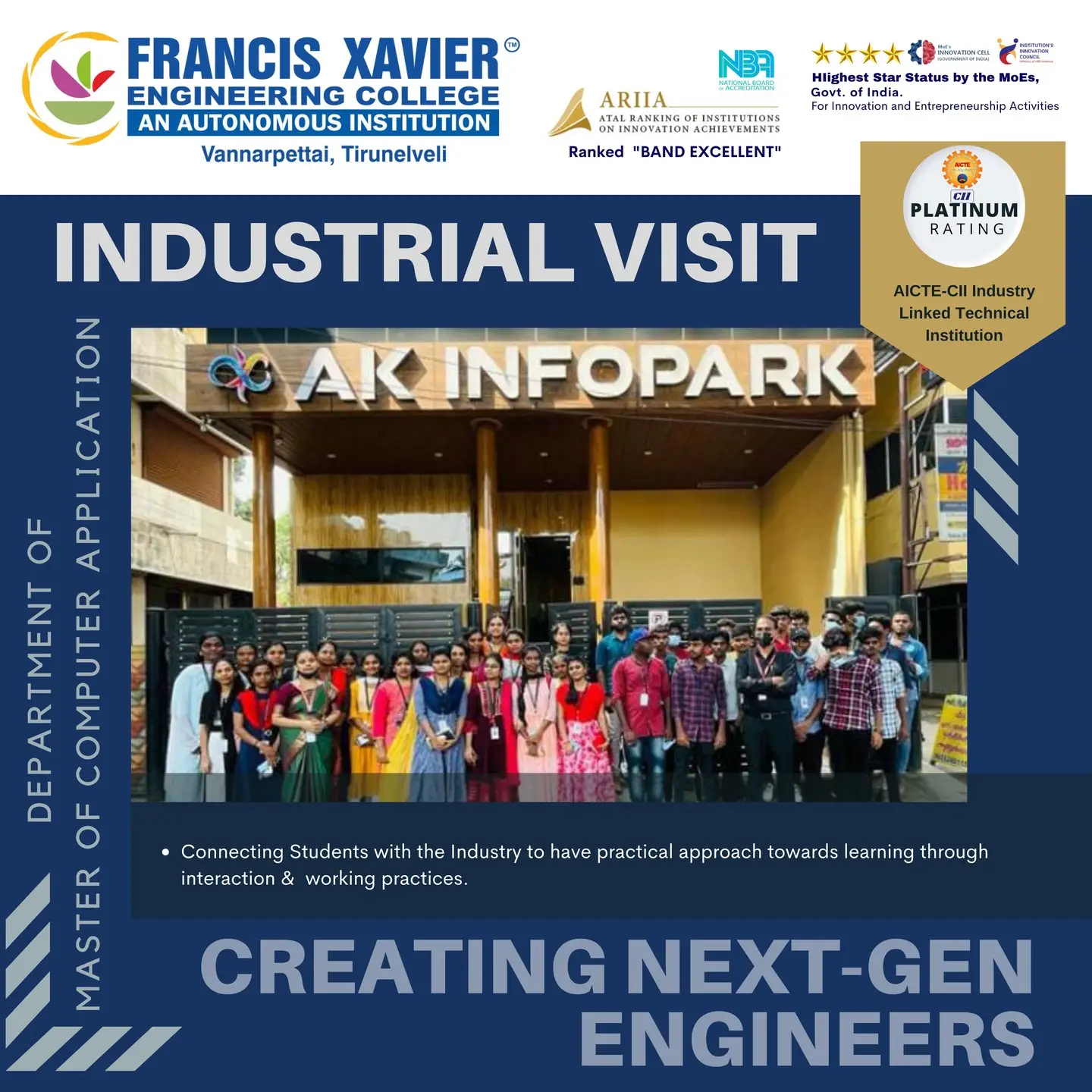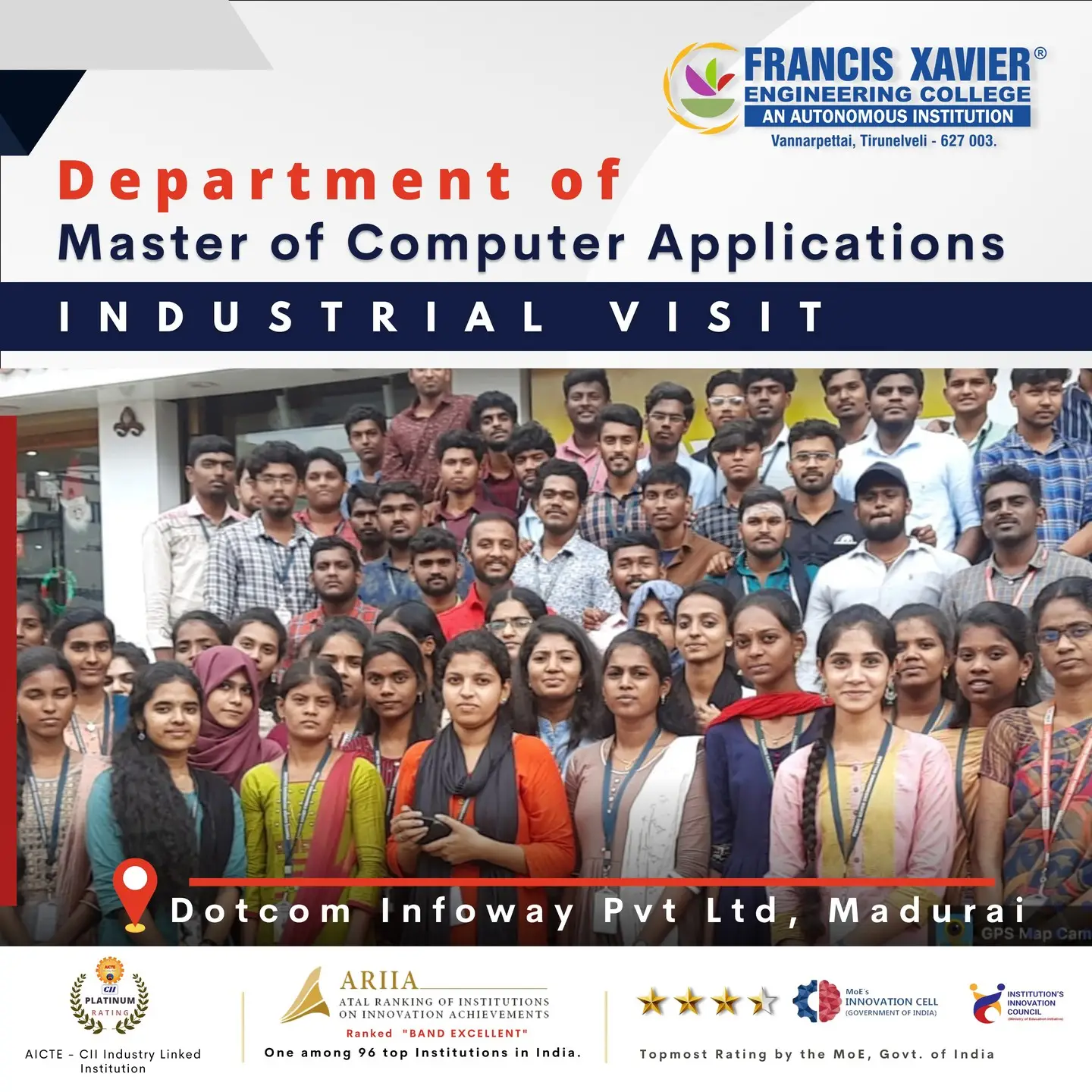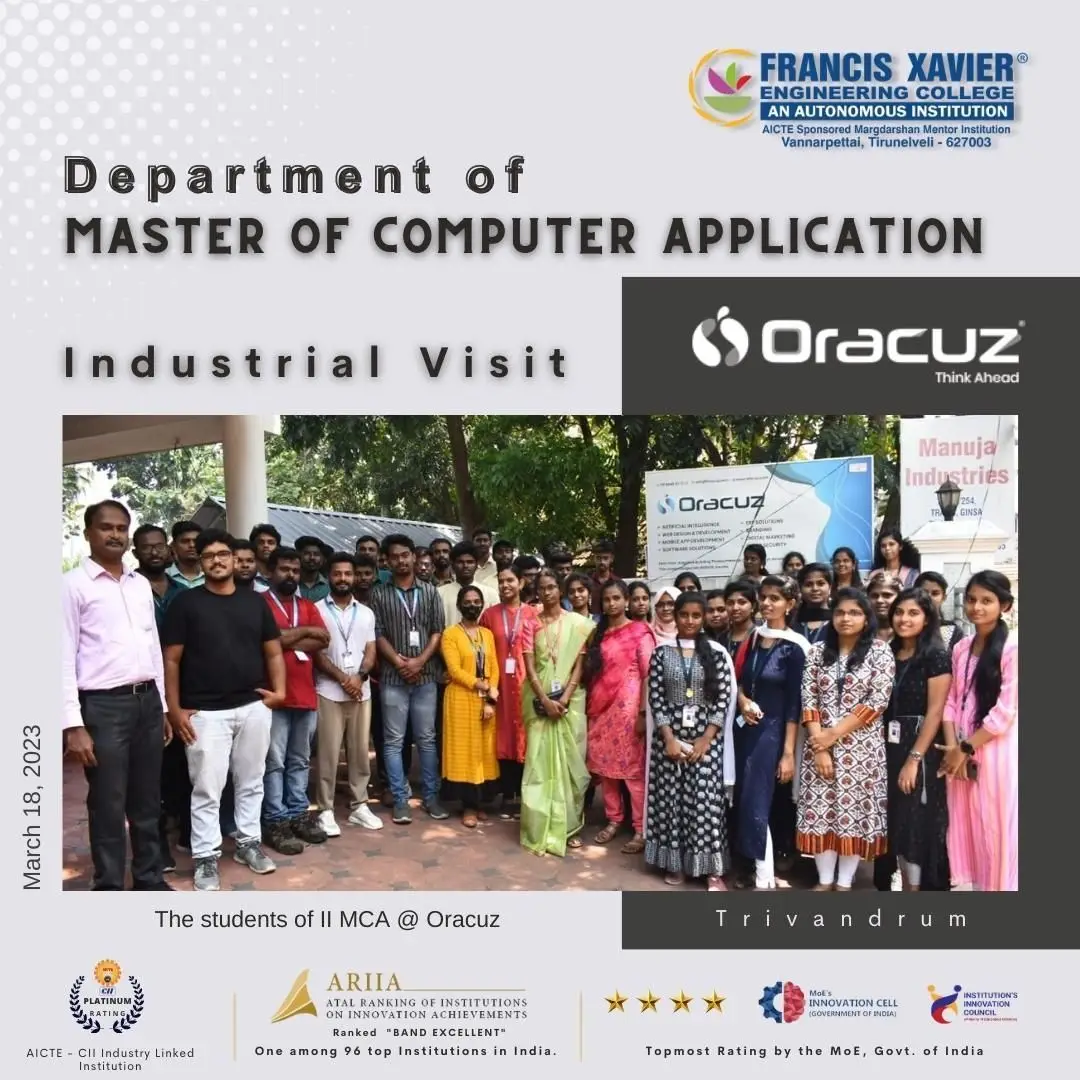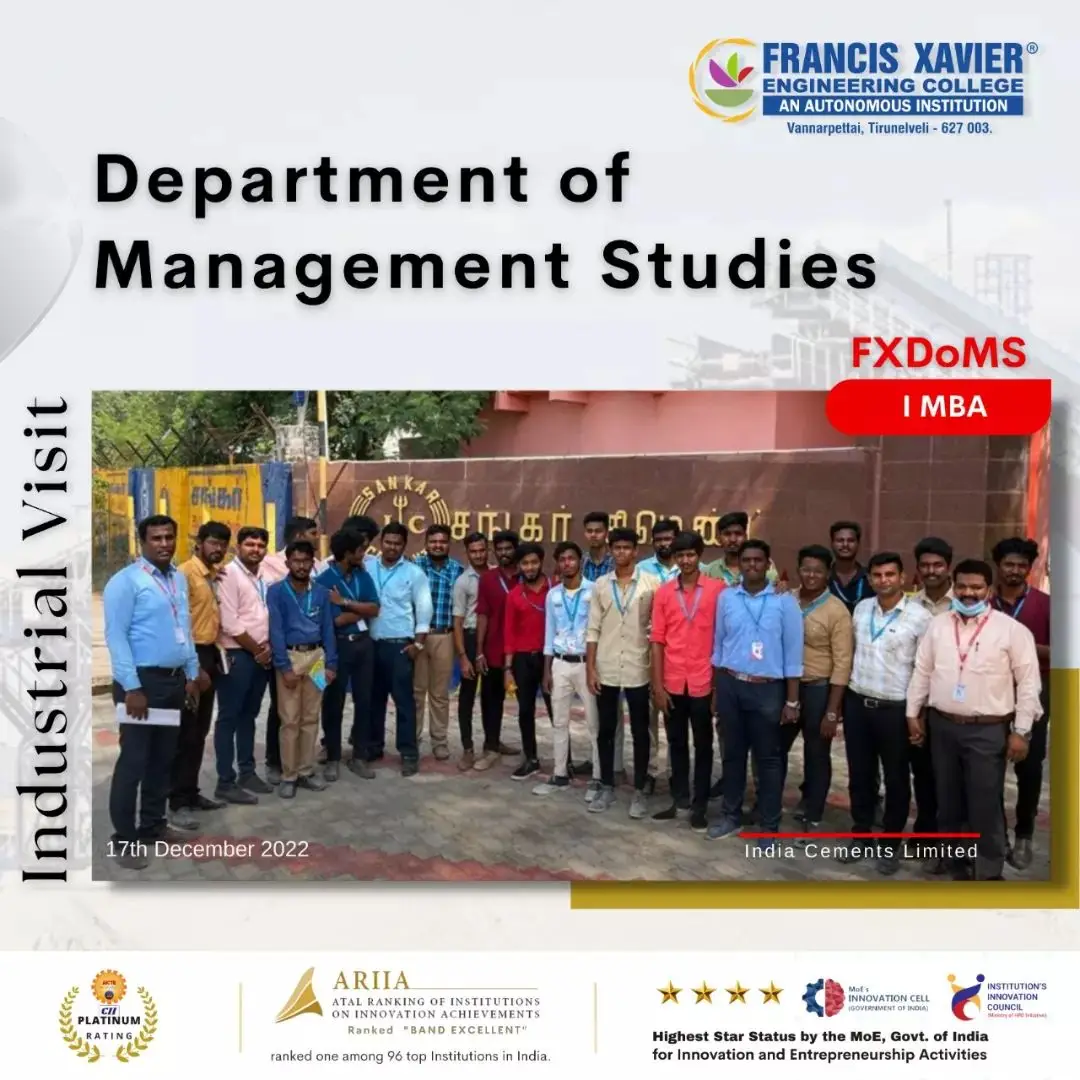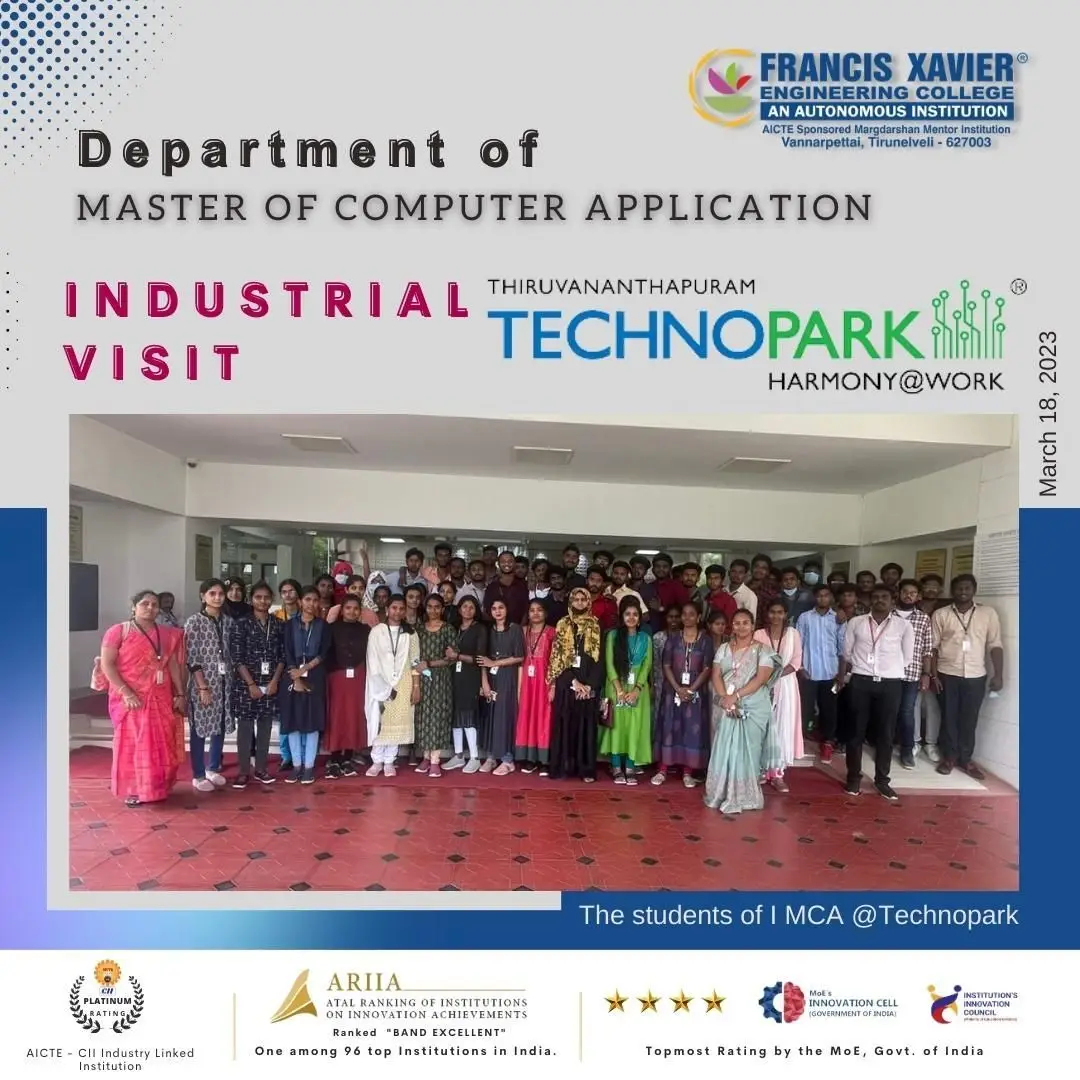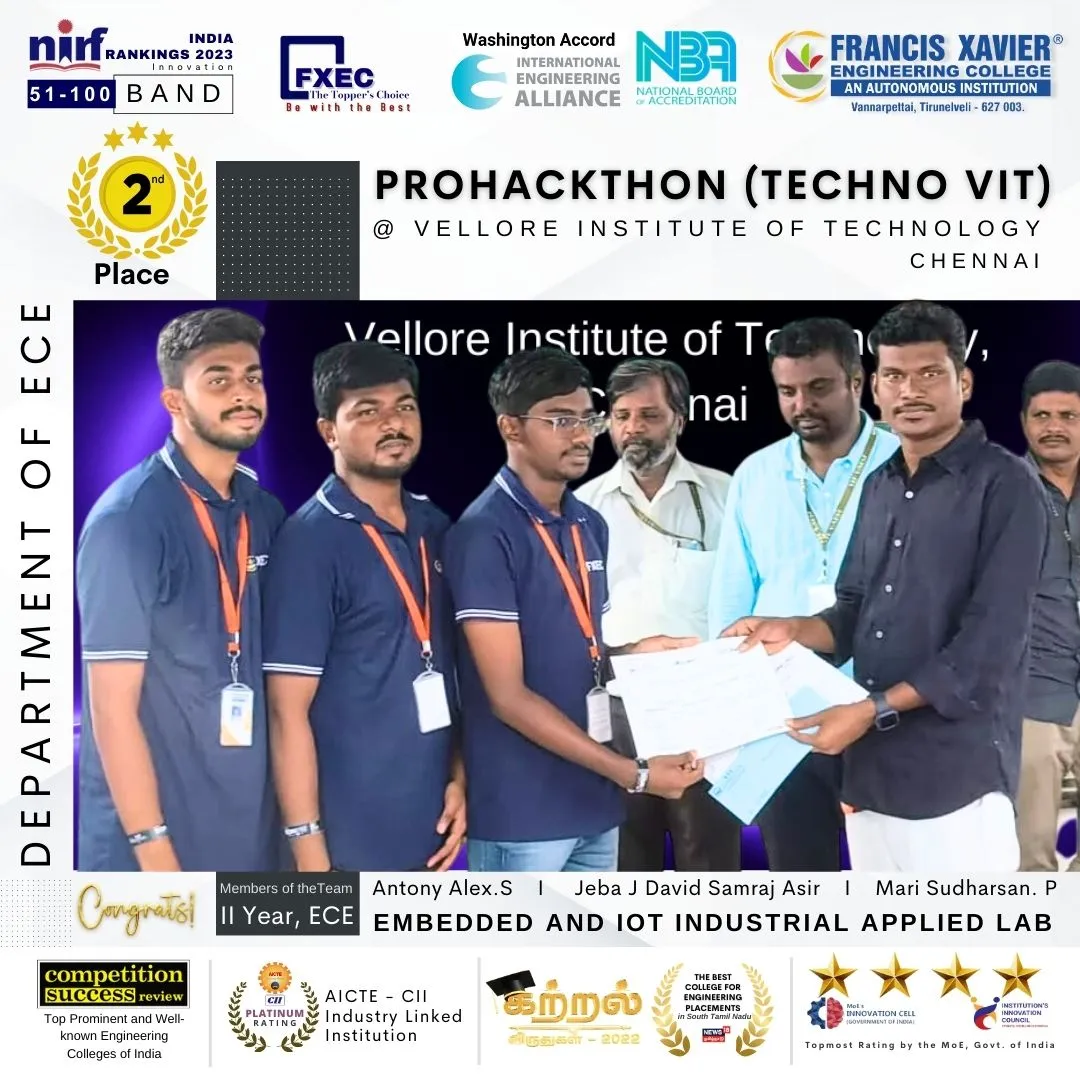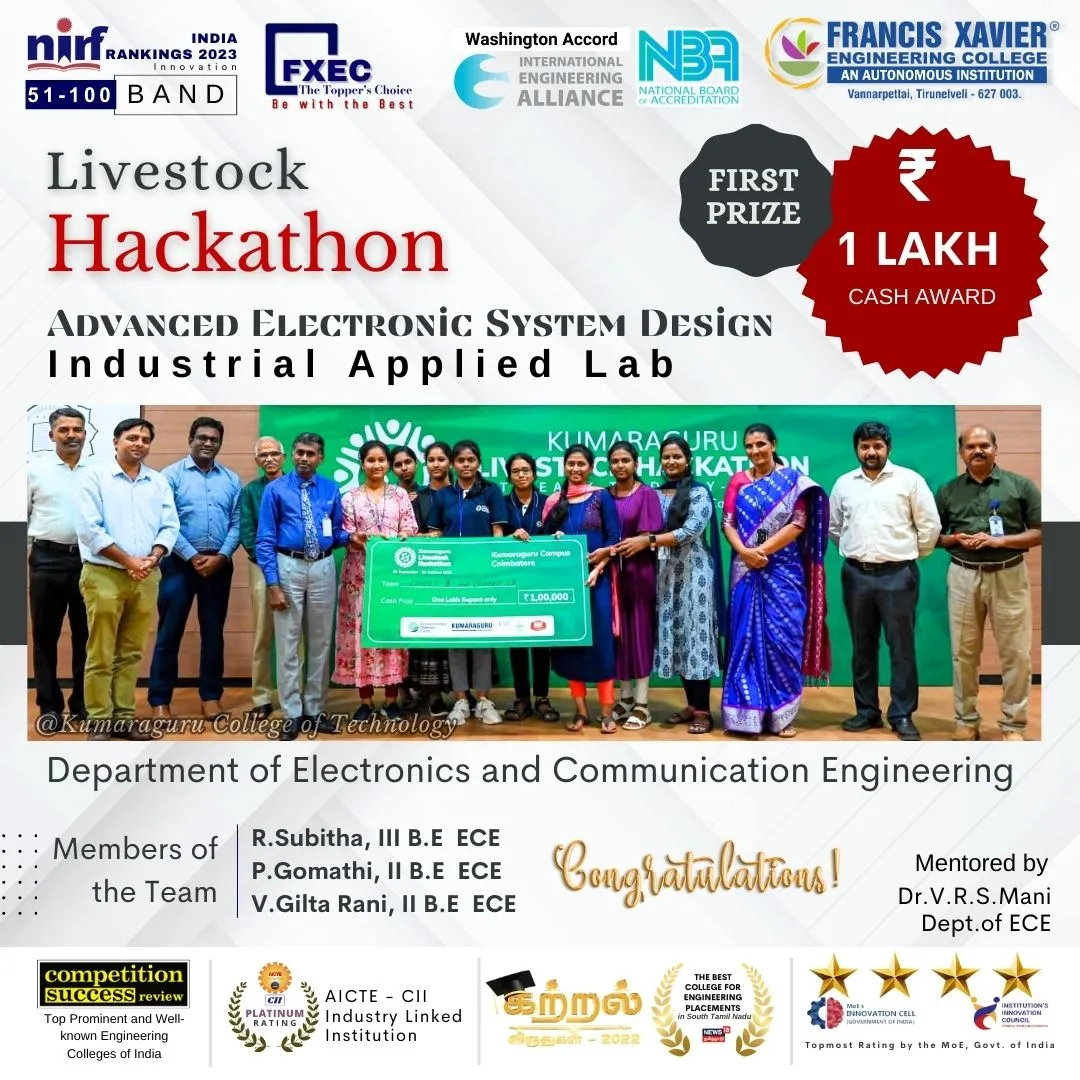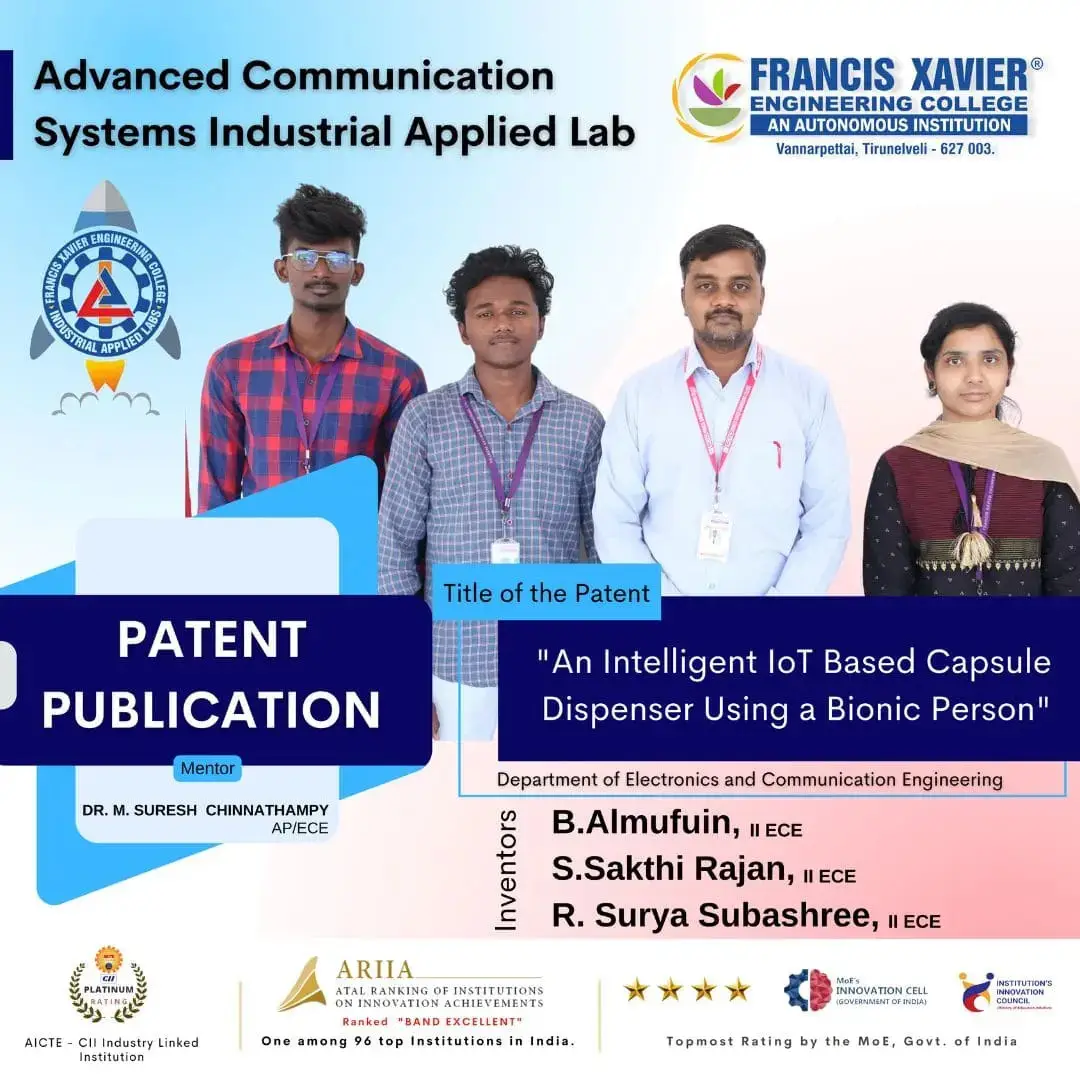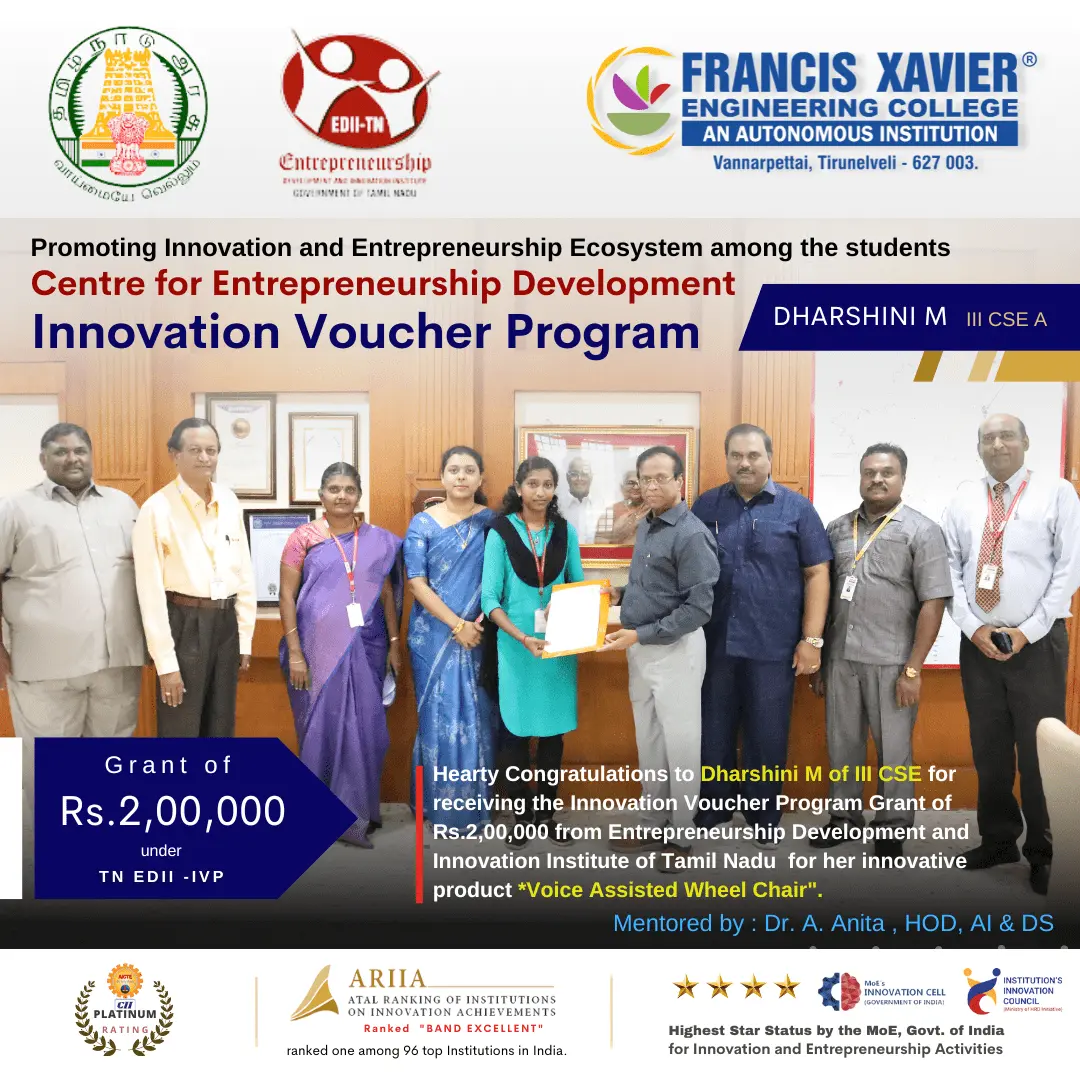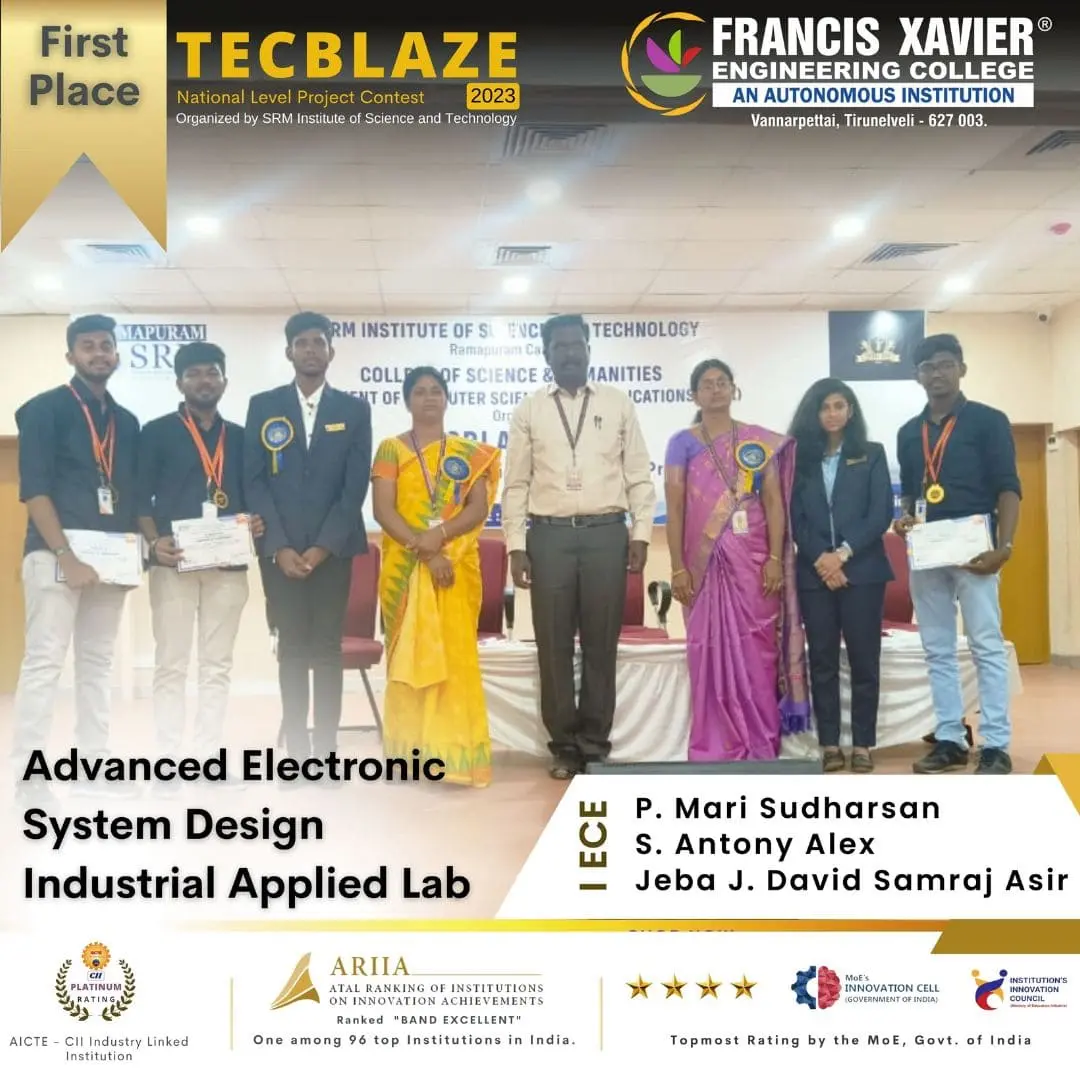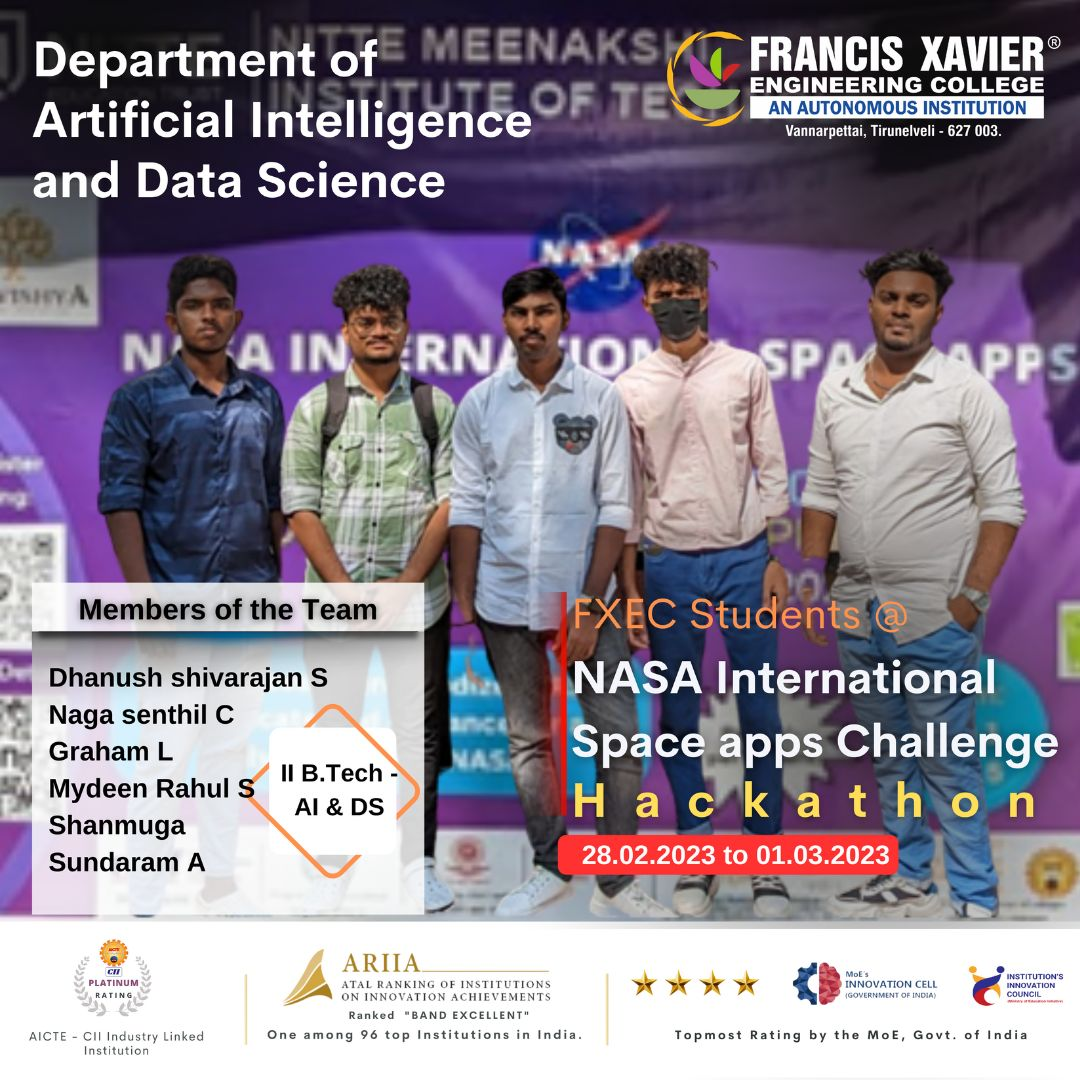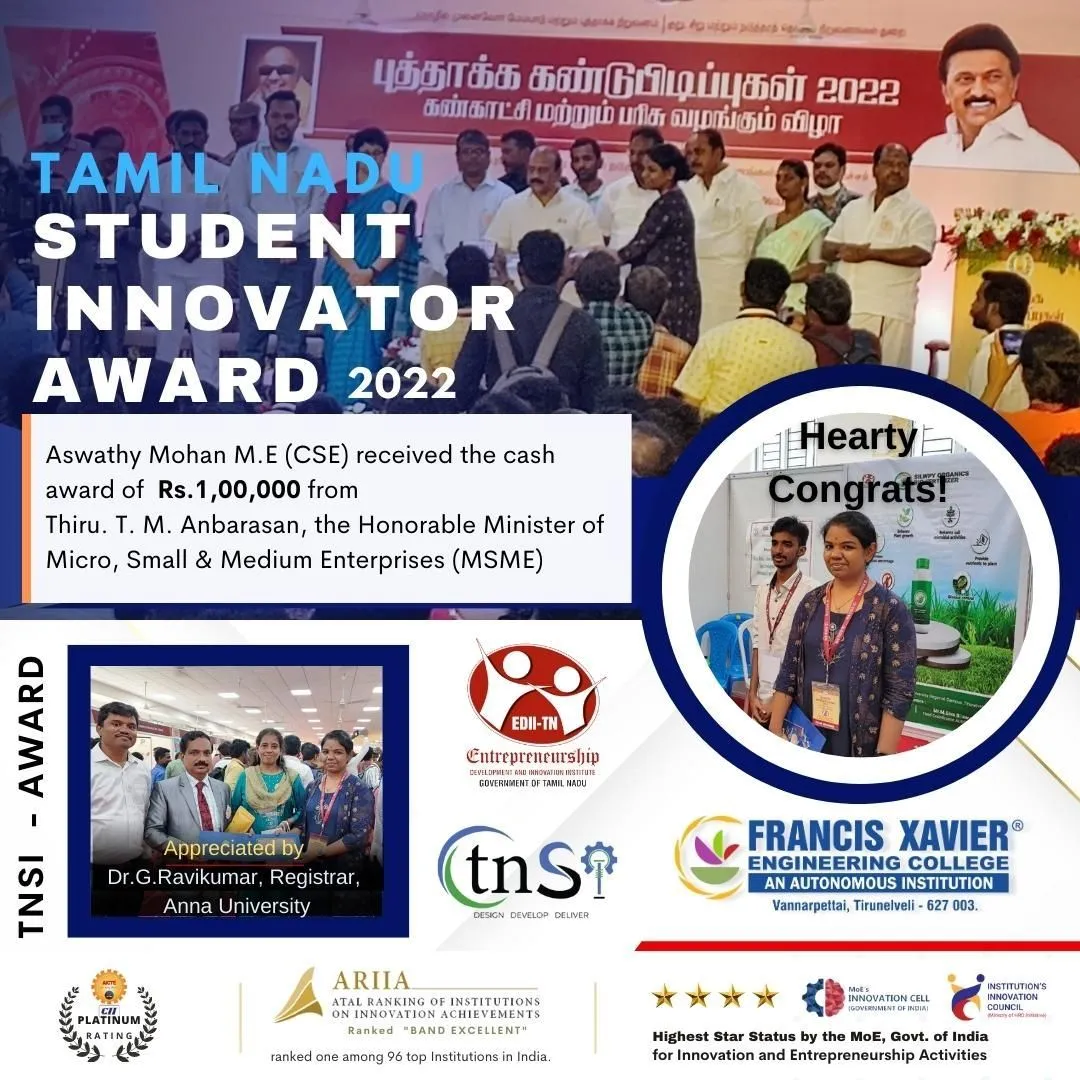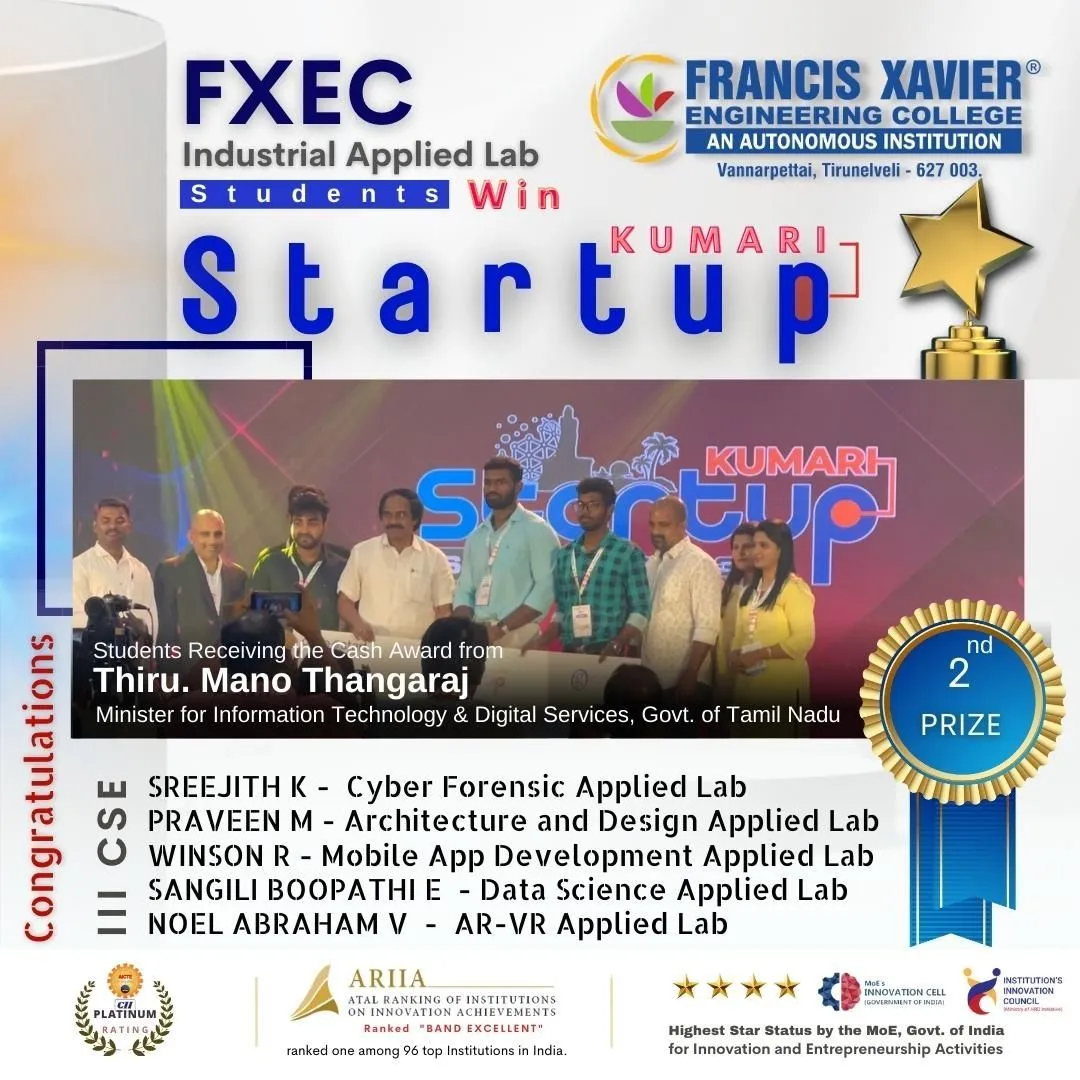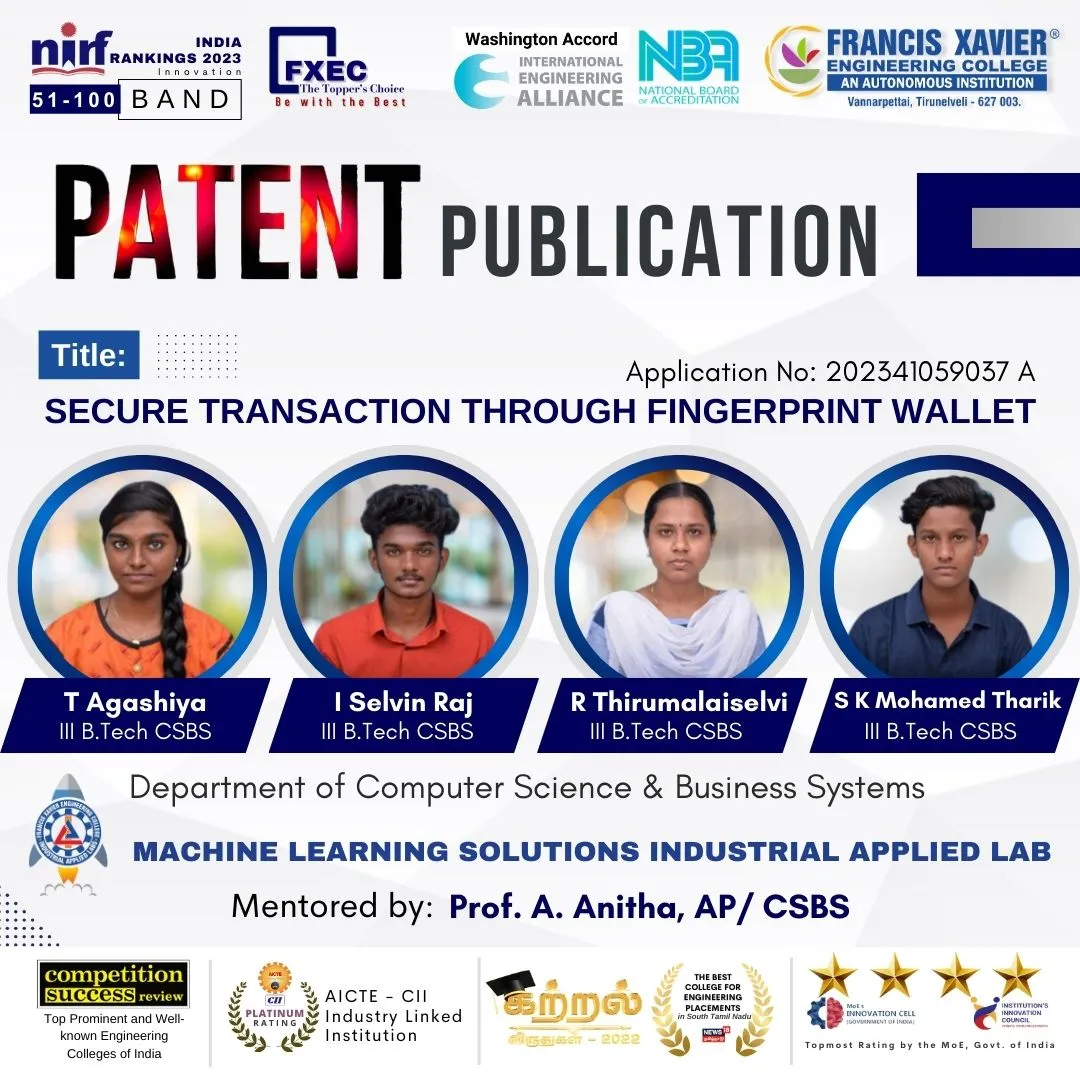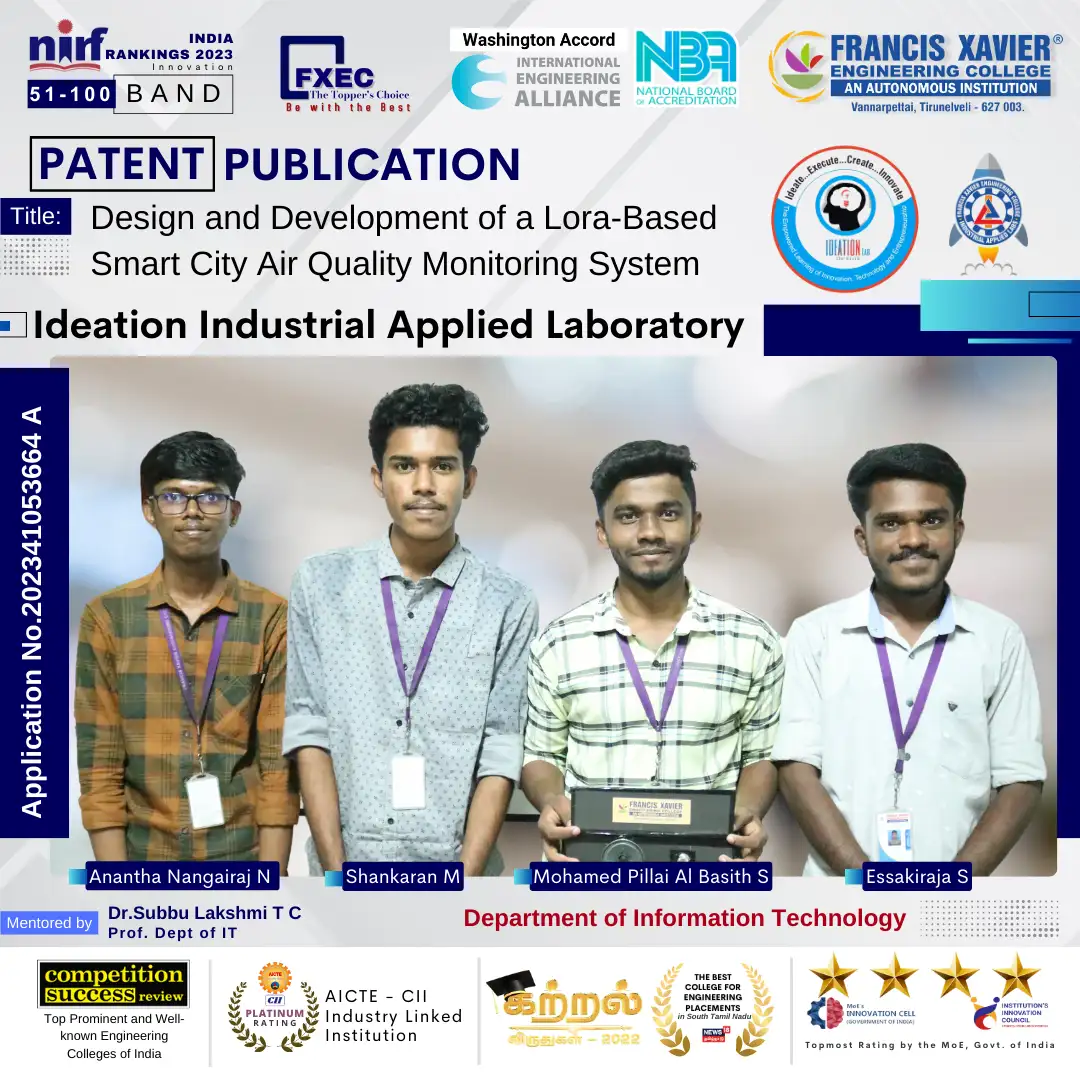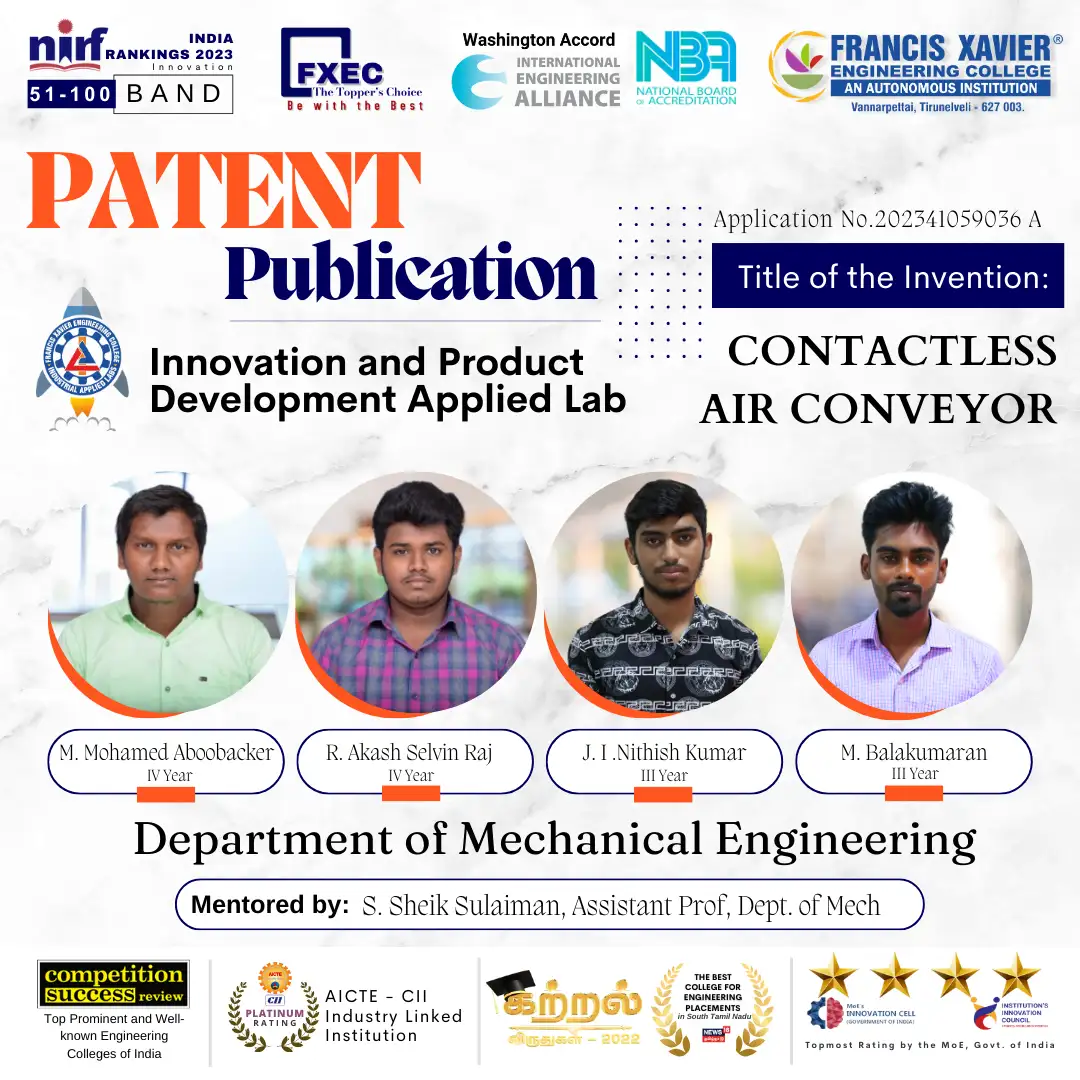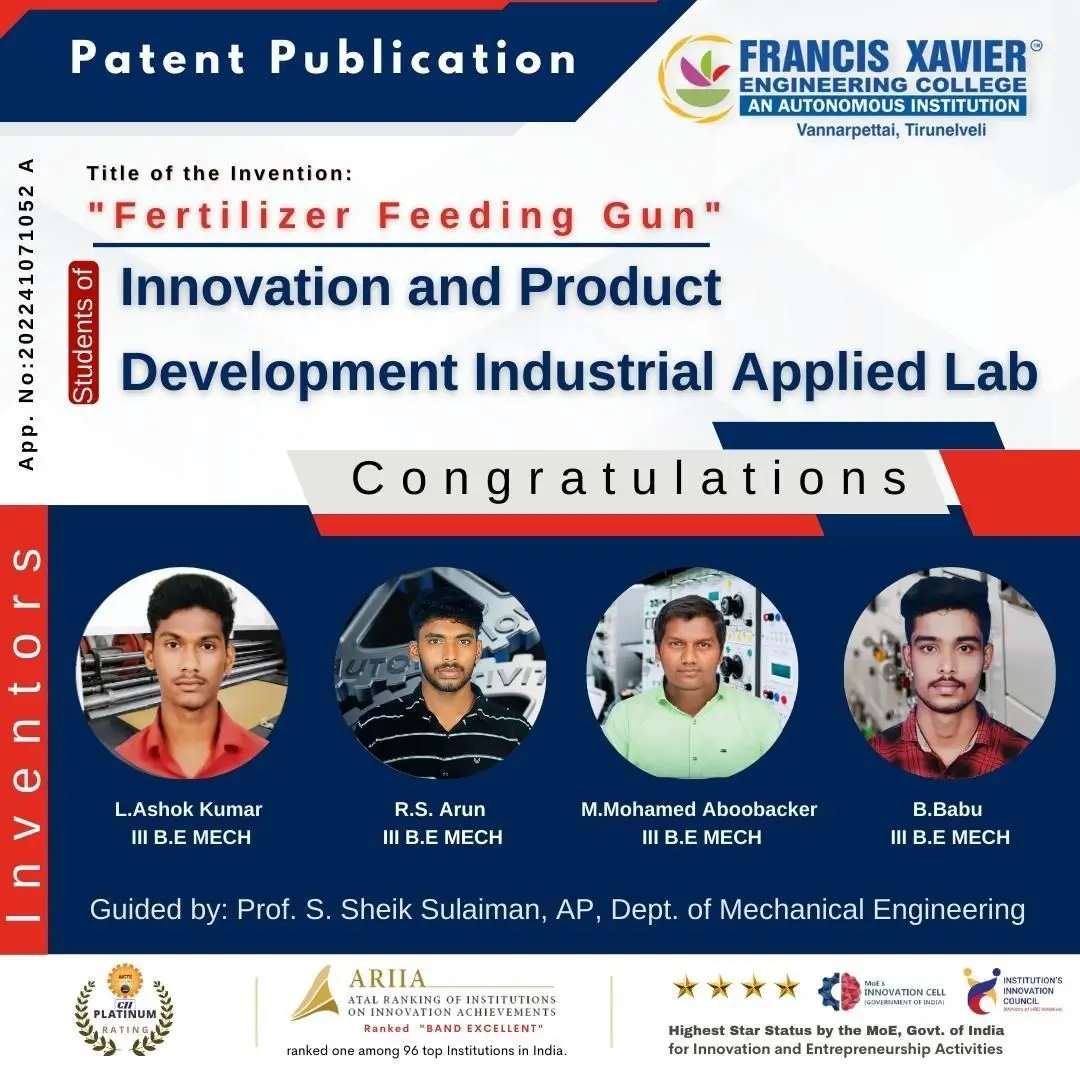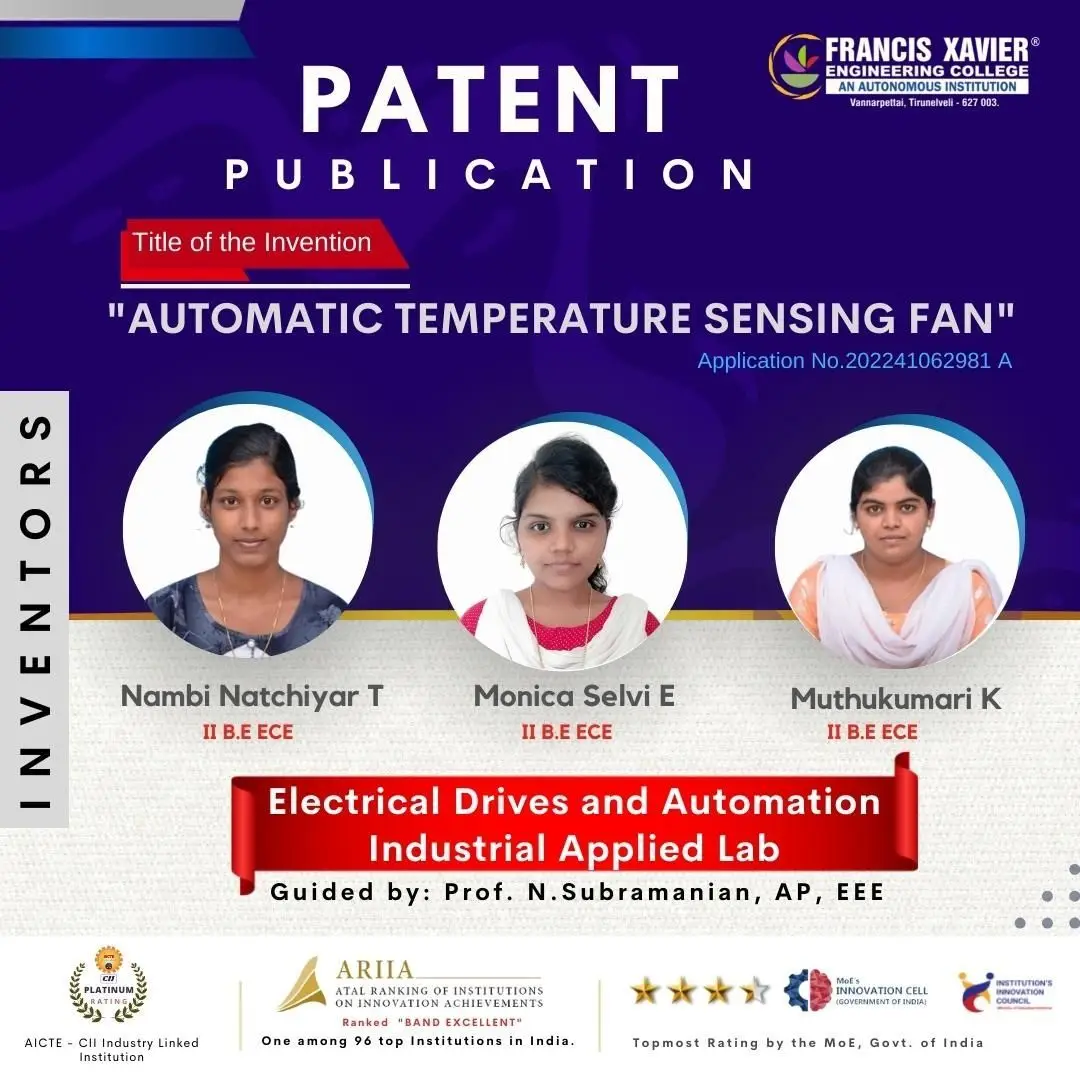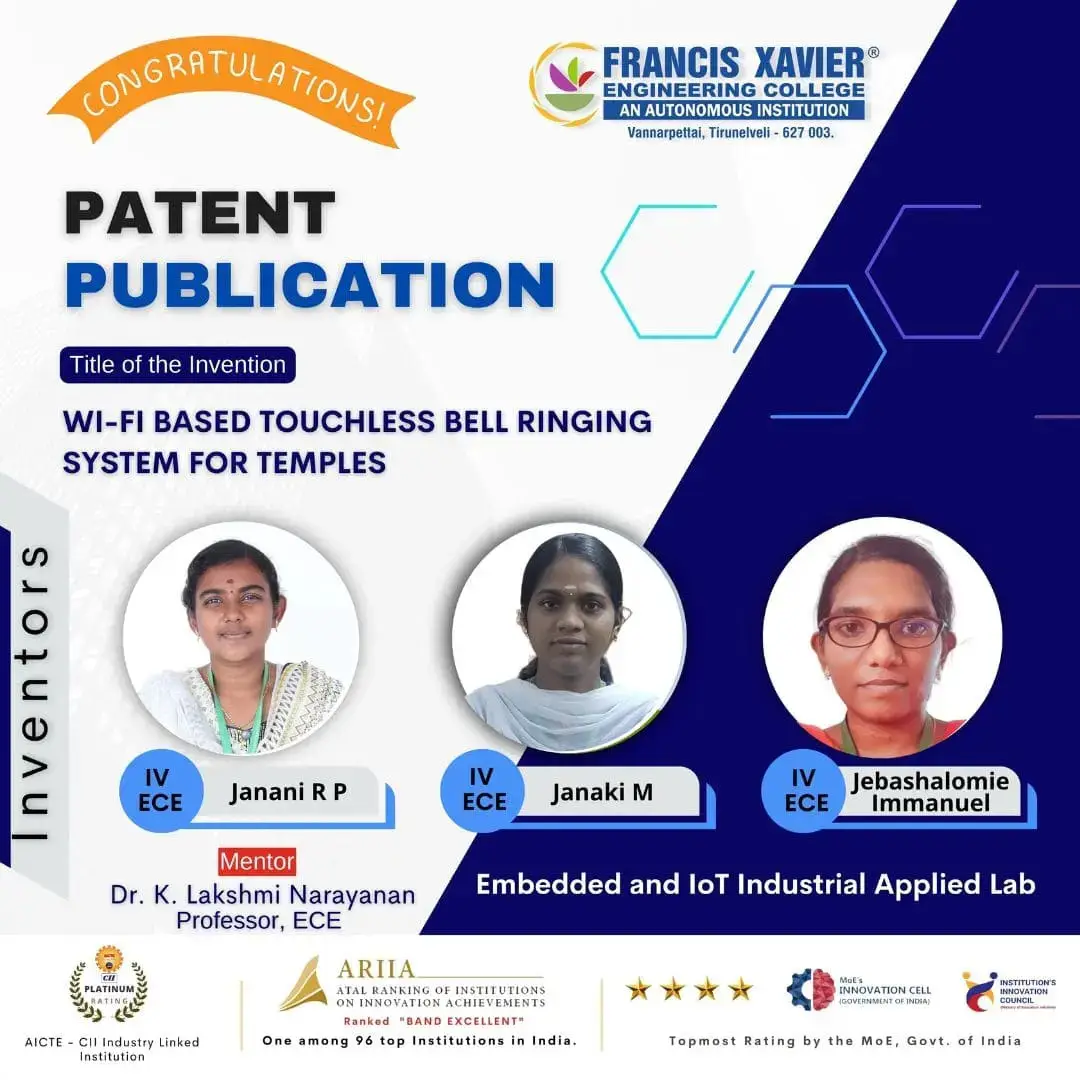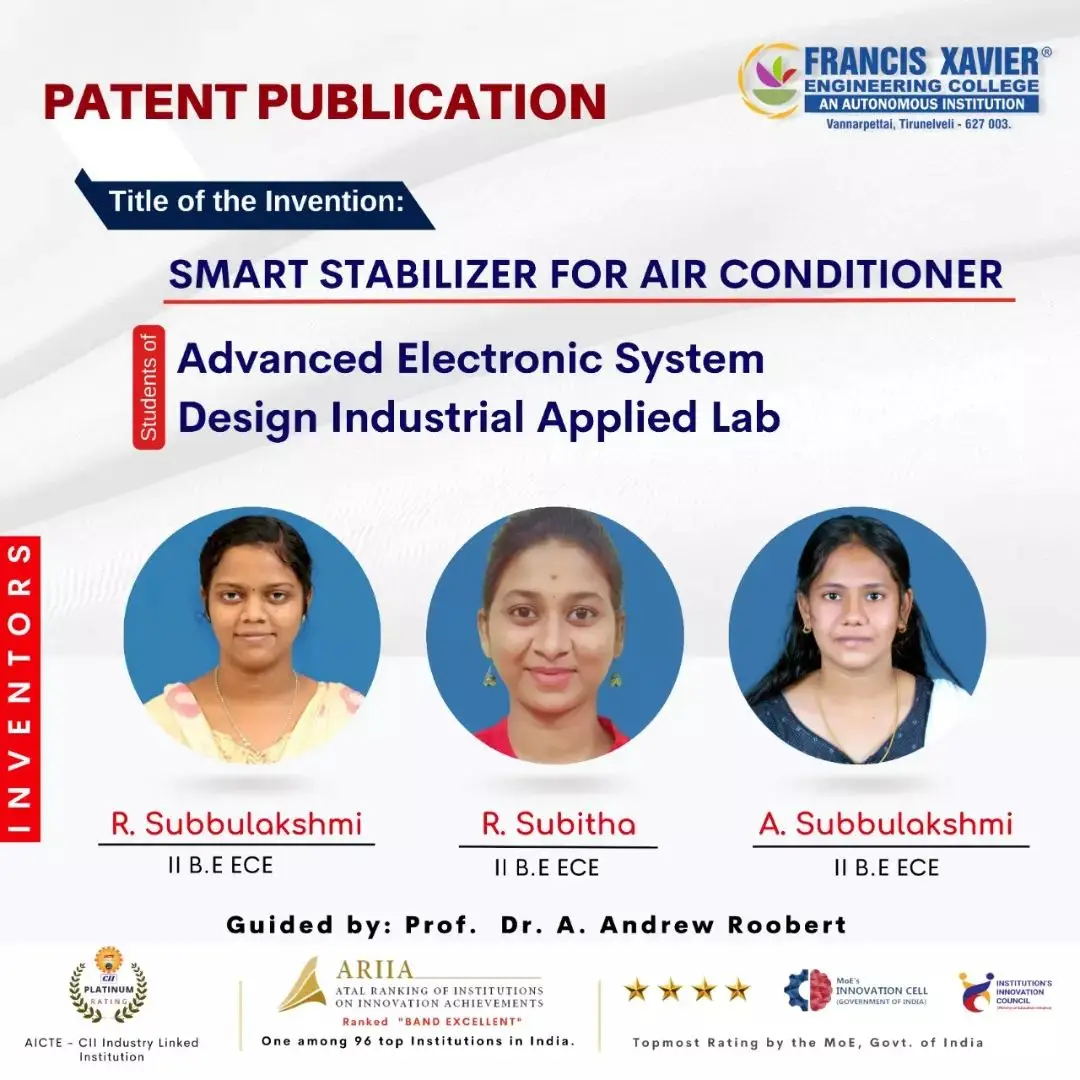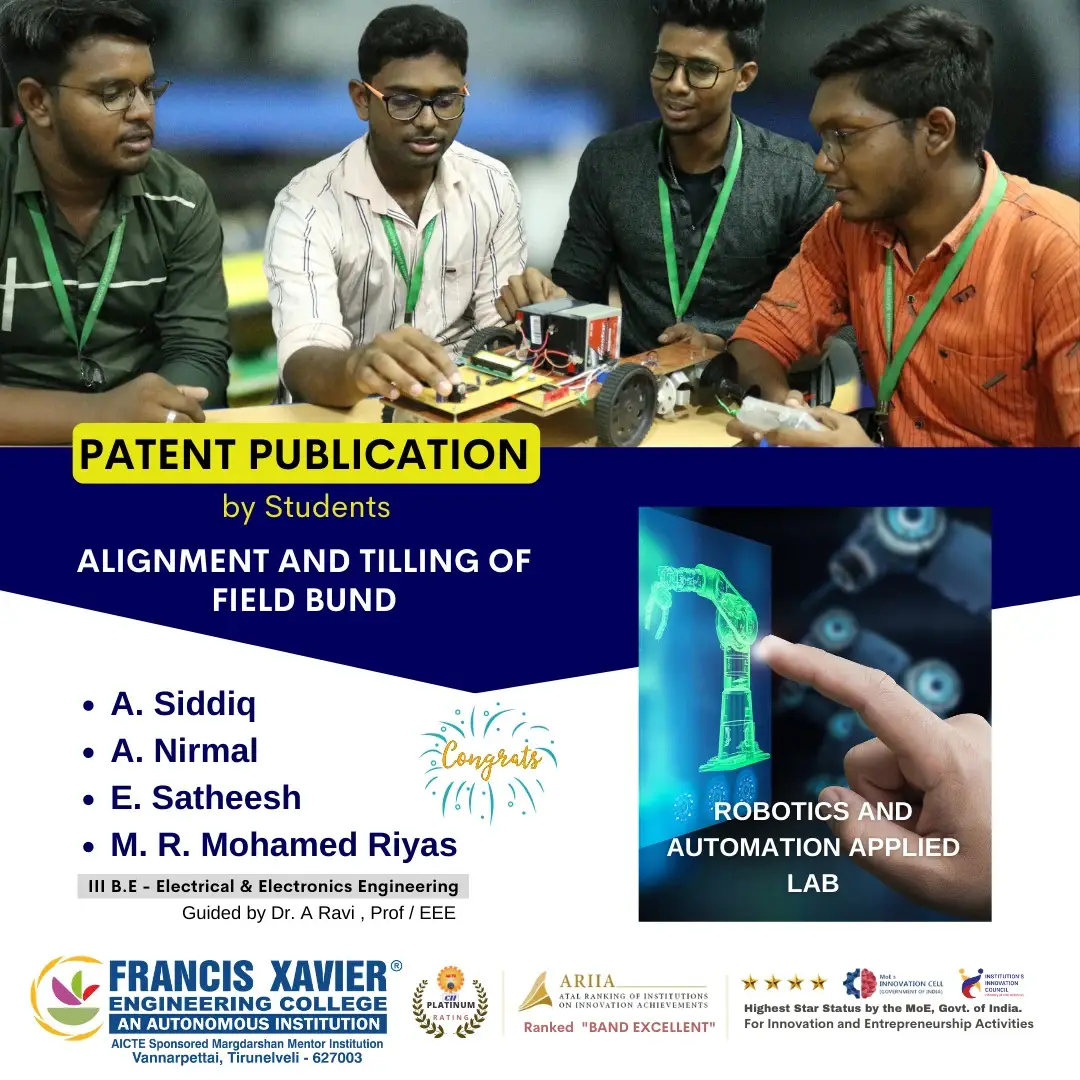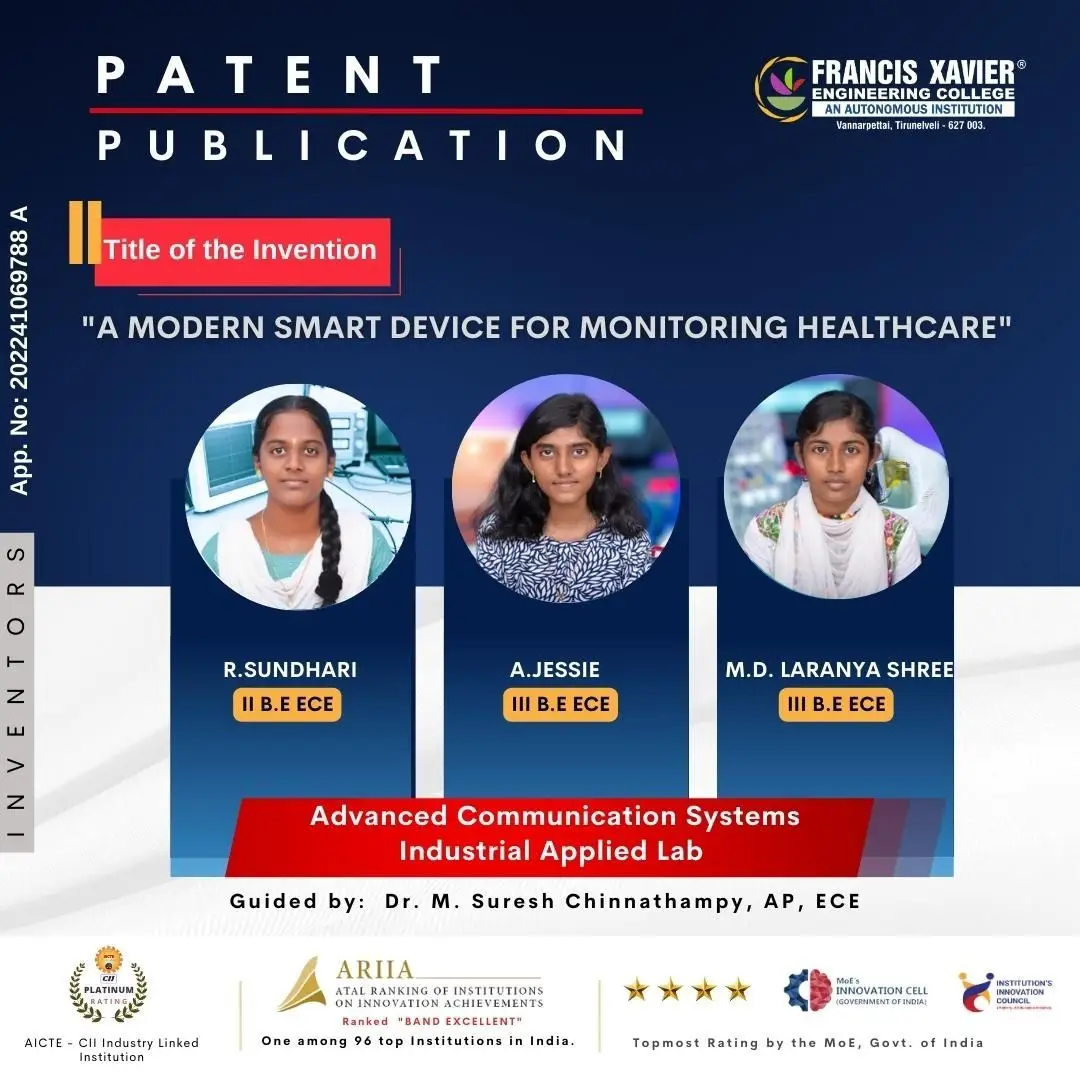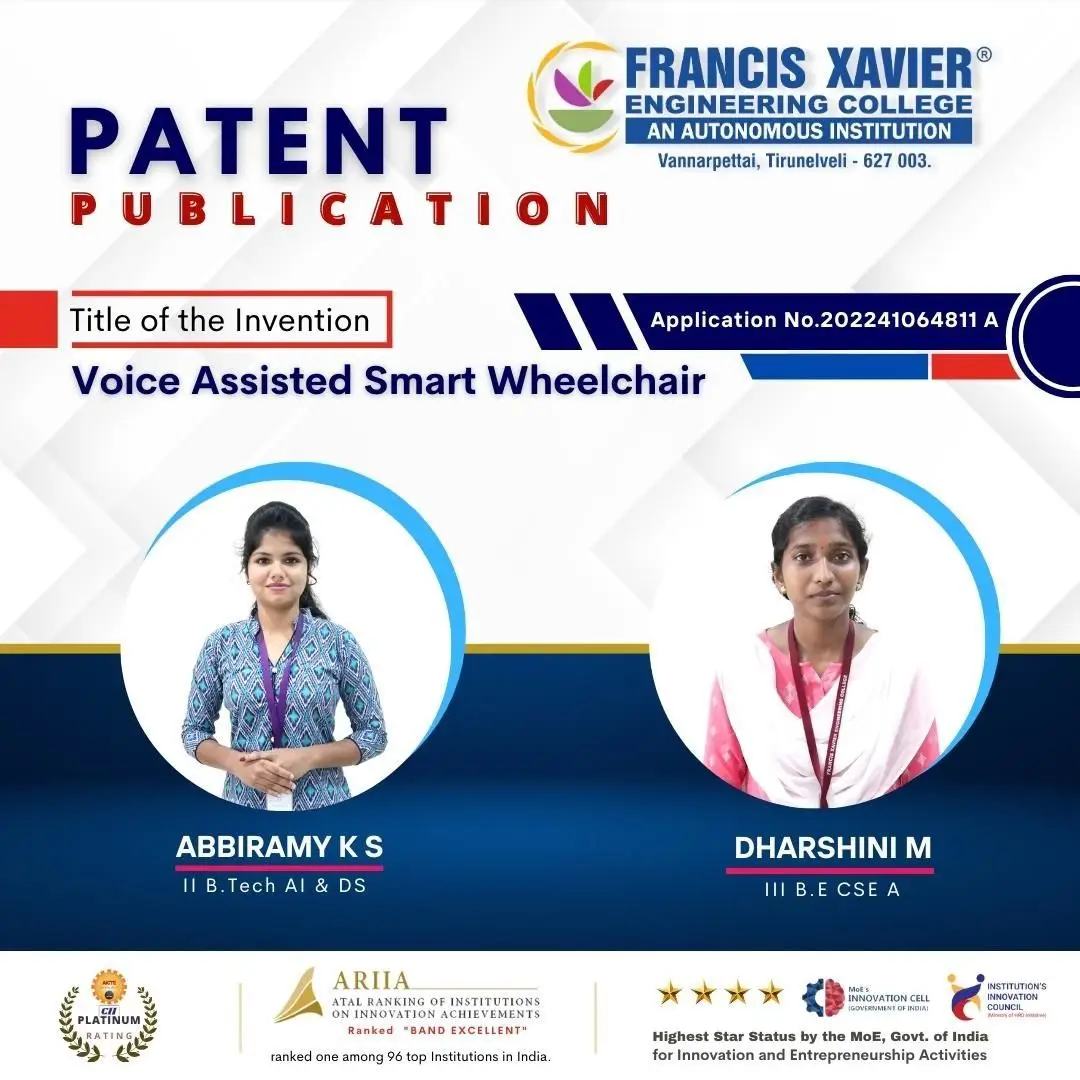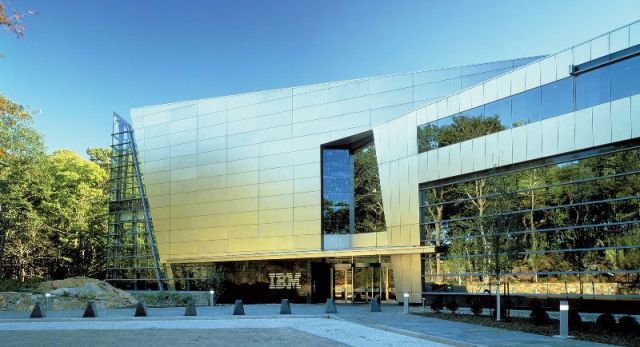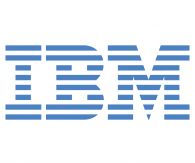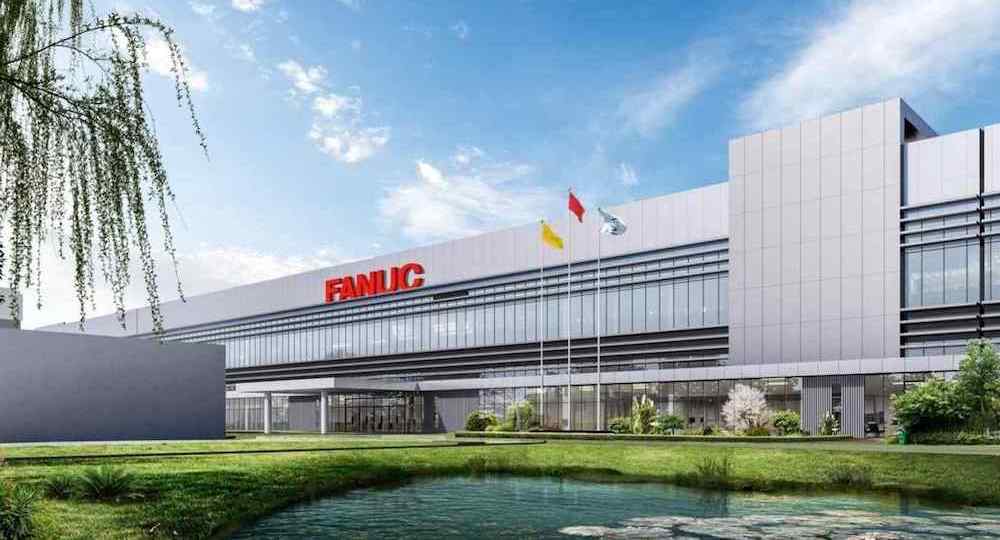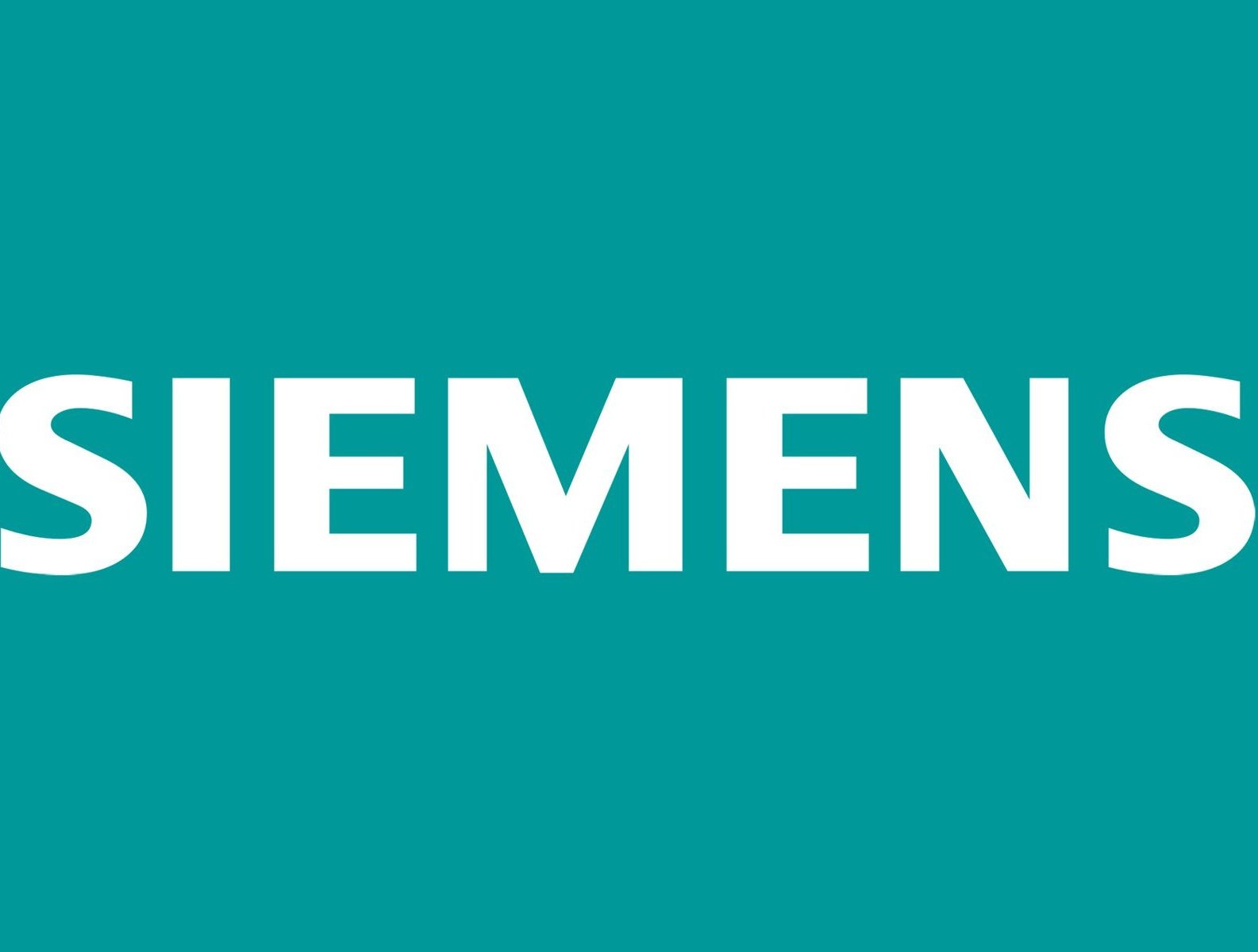Why AI&DS from FXEC

Industry Supported Laboratories
Data Science Industrial Applied Lab

Academic Partnerships
Esterling, Chicago
Maxelerator Foundation
3i Infotech

Research
No.of Paper Publication Last 2 Years - 8

Programme Overview
The department of Artificial Intelligence and data science was established on October 2021. This Department has dedicated faculty members with a sound knowledge in various areas and has the state-of-art facilities for various laboratories and supports smart class learning. The faculty members are expertized with machine learning, data science and big data analytics.
- 714+ Total Offers
- 315 Internship with Salary
- 17 Lac Per Annum Highest Package
- 126 Companies Recruited
Vision
To impart quality education and produce high quality, creative and ethical engineers, instill professionalism, enhance students problem-solving skills in the domain of artificial intelligence and data science with a focus to prepare them for the industry, engage them in potential research areas, to pursue and have continued professional growth to serve the greater cause of society.
Mission
- To provide skill-based education to master the students in problem solving and analytical skills to enhance their niche expertise in the field Artificial Intelligence and Data Science.
- To educate the students with latest technologies to update their knowledge in the field of AI and Data science. To enable students to experience content-based learning with premier quality data science education, research, industrial collaboration and to become an successful entrepreneur recognized globally.
- To guide students in research on Artificial Intelligence and data science, with aim of having an ethical impact on society by tackling societal grand challenges.
PEO, PO, PSO
B.Tech – Artificial Intelligence & Data Science
Industry Institute Partnership
Our Key Recruiters




















